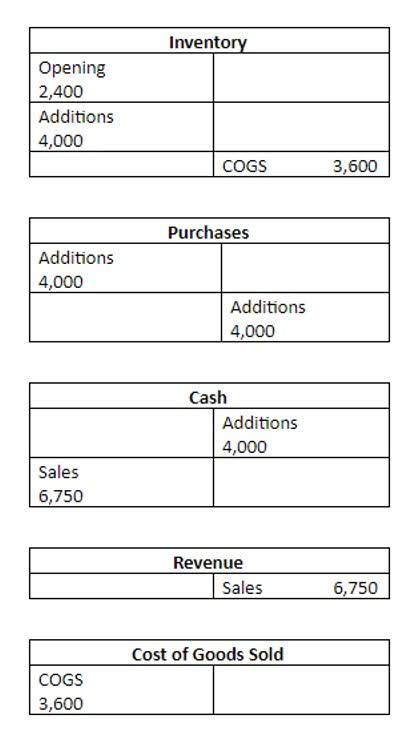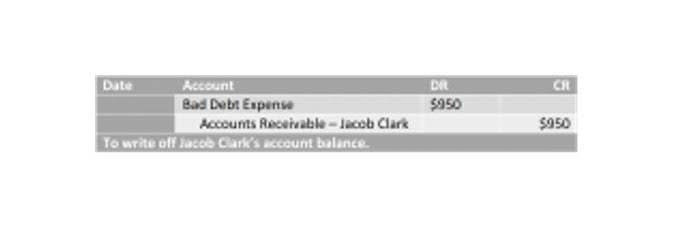
Instead, employees of S-corps have employment taxes withheld from their paychecks. Structuring your small business as an S corporation, or gym bookkeeping S-corp, can save money in federal taxes, but owners have to tread carefully when deciding how to pay themselves. Taking too low of a salary or skipping one altogether can lead to unpaid taxes and federal fines. By leveraging ADP’s services, S corp owners can simplify payroll management and focus on growing their business. Failing to pay yourself reasonable compensation while taking distributions from your S-Corp can lead to significant financial repercussions. Moreover, your S-Corp status could be revoked, and preparer penalties may be levied against your tax accountant.
Payroll Tax Payments and Reporting:
- Shareholders must then report this information on their individual tax returns.
- If you’re not sure what constitutes a reasonable salary, steer clear of arbitrary rules of thumb like a 50/50 split between salary and distributions.
- Payroll taxes are a critical part of tax compliance for any business with employees, regardless of its structure.
- Efficient payroll processing for S corporations entails the precise calculation of income tax, FICA taxes, and unemployment taxes based on wages earned within each pay period.
- The IRS could simply impute wages, create payroll liabilities and send you a bill.
Many favor a 50/50 allocation rule, which results in an even split between salary and distributions. For highly profitable S Corps, the allocation can reflect an even higher portion of distributions. Many entrepreneurs find themselves puzzled about their employment status when they establish an S Corporation. To get some clarity on the subject, we spoke to Tom Brock, a licensed CPA and CFA charterholder with over a decade of experience helping small businesses optimize their operations.
Income Taxes (Informational Return Only)
Maintaining accurate records and staying informed about payroll tax laws are essential for peak financial management. Seeking professional guidance from CPAs or financial scorp payroll advisors further supports both personal and business financial health, ensuring sound payroll practices and sustainable business growth. Effective management of S Corp payroll involves setting a reasonable salary aligned with industry benchmarks, job responsibilities, and financial health. Balancing this salary with shareholder distributions maximizes tax efficiency and guarantees IRS compliance. Outsourcing payroll processing to specialized services can also be beneficial.

Filing Federal Payroll Taxes
To stay compliant, shareholders performing substantial work must receive “reasonable compensation” before taking distributions. The IRS defines reasonable compensation as the amount that would typically be paid for similar services by similar businesses in similar circumstances. Failing to meet this requirement can result in audits, additional taxes, and even loss of S corp status.


However, the IRS will call foul play if you don’t pay a reasonable salary similar amount to that of others in your field. The 50/50 and 60/40 rules offer different models of setting salaries and distributions. However, it’s worth noting that the IRS has not approved these officially, so it’s not always a reliable payment scheme.
But in October and November, there is enough history to predict the future. What we do with this is use a small salary such as $500 per month to check the box, and then make adjustments in July and certainly in November. Ultimately, you need to pay yourself the amount you deserve while meeting tax requirements (just like you would expect from an employer). Ranks are limited to individuals, trusts, non-profits, and estates—they cannot have institutional investors. For example, let’s say an S normal balance Corp owner has a business profit of $100,000 per year, but the Bureau of Labor Statistics shows the average salary for their job to be $80,000. Another issue is that the salary should account for the amount that the role earns in the industry.

Payroll Services
- Structuring your small business as an S corporation, or S-corp, can save money in federal taxes, but owners have to tread carefully when deciding how to pay themselves.
- Your payroll provider should have a way to let you add employee benefits, such as medical insurance premiums, to your regular payroll.
- Check with your state before setting a pay frequency to ensure you remain compliant with state pay frequency laws.
- The requirement only comes into play if you’re paying distributions to shareholders.
- Here we make things clearer, particularly when it comes to payroll taxes.
The taxable income is making some assumptions such as spousal income, itemized deductions, exemptions, etc. The 50/50 rule would pay the owner $50,000, while the 60/40 rule would pay them $60,000. Schedule a call with one of our Connected Service Representatives today to see how our tailored connections and features can help you run your S Corp payroll without breaking a sweat. If you’re looking for worry-free payroll with transparent, easy-to-understand pricing, robust features, and next-level client support, consider ConnectPay for your S Corp payroll. If you have a payroll question or challenge, we connect you with a partner who can assist you with local laws, compliance, and more. Quickbooks integrates with over 650 apps, making managing all aspects of your business easy.
